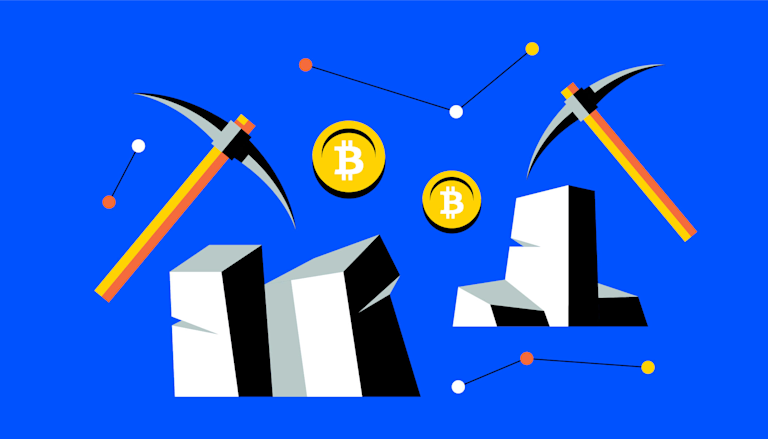What Do Bitcoin Miners Do?
If you’ve ever wondered what Bitcoin miners actually do, you’re not alone. The term “mining” might sound like something out of the Old West, but in the world of cryptocurrency, it has a very specific and crucial meaning. Let’s break down what Bitcoin miners do in a way that’s easy to understand — no technical jargon required!
Bitcoin Mining: More Than Just Digging for Coins
At its core, Bitcoin mining is the process that keeps the Bitcoin network running securely and smoothly. Think of miners as the guardians of the Bitcoin system. Their job is to validate and confirm Bitcoin transactions so that no one can cheat or spend the same coins twice. This process is essential because Bitcoin operates without a central authority — no bank or government oversees it. Instead, miners collectively maintain the network.
How Do Bitcoin Miners Work?
When you send or receive Bitcoin, your transaction is grouped with others into a “block.” Miners compete to solve a complex mathematical puzzle based on that block. The first miner to solve it gets to add the block to the blockchain — the official public ledger of all Bitcoin transactions.
Why the competition? Because solving this puzzle requires a lot of computing power and energy. This mechanism, called “proof of work,” ensures that adding new blocks is difficult and costly, which prevents fraud and keeps the system trustworthy.
Rewards for Miners
As a reward for their hard work, miners earn new bitcoins — this is how new bitcoins enter circulation. They also receive transaction fees from the users whose transactions are included in the block. These rewards motivate miners to keep the network secure and operational.
Why Is Mining Important?
Without miners, Bitcoin transactions wouldn’t be confirmed, and the whole system would grind to a halt. Miners help maintain decentralization and security, ensuring that Bitcoin remains a reliable, transparent form of digital money.

